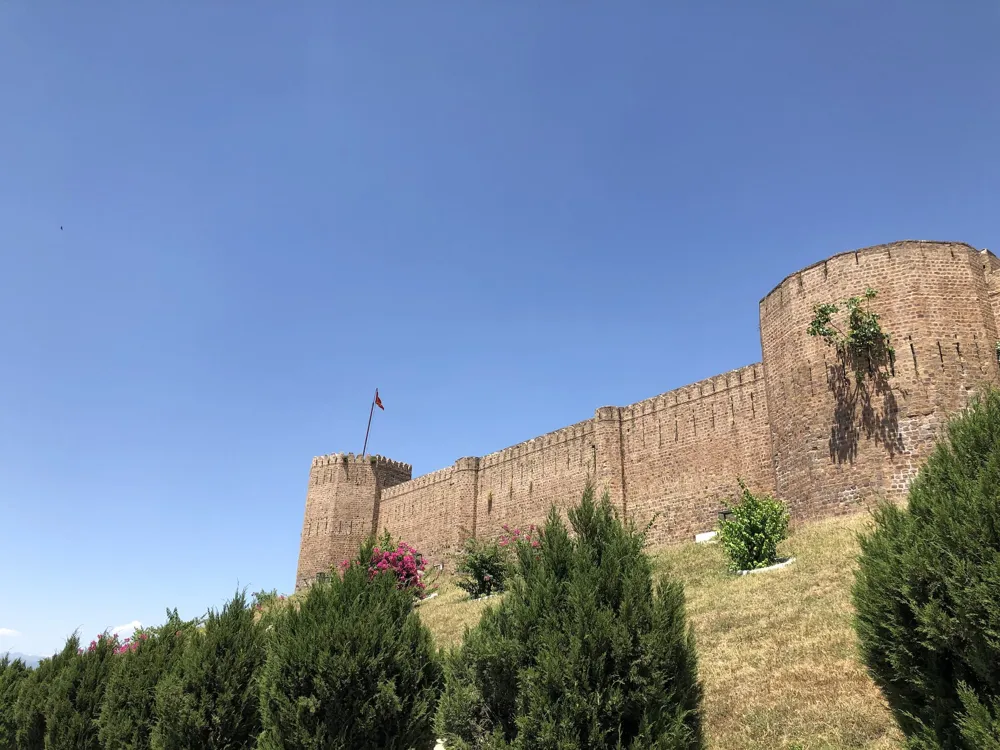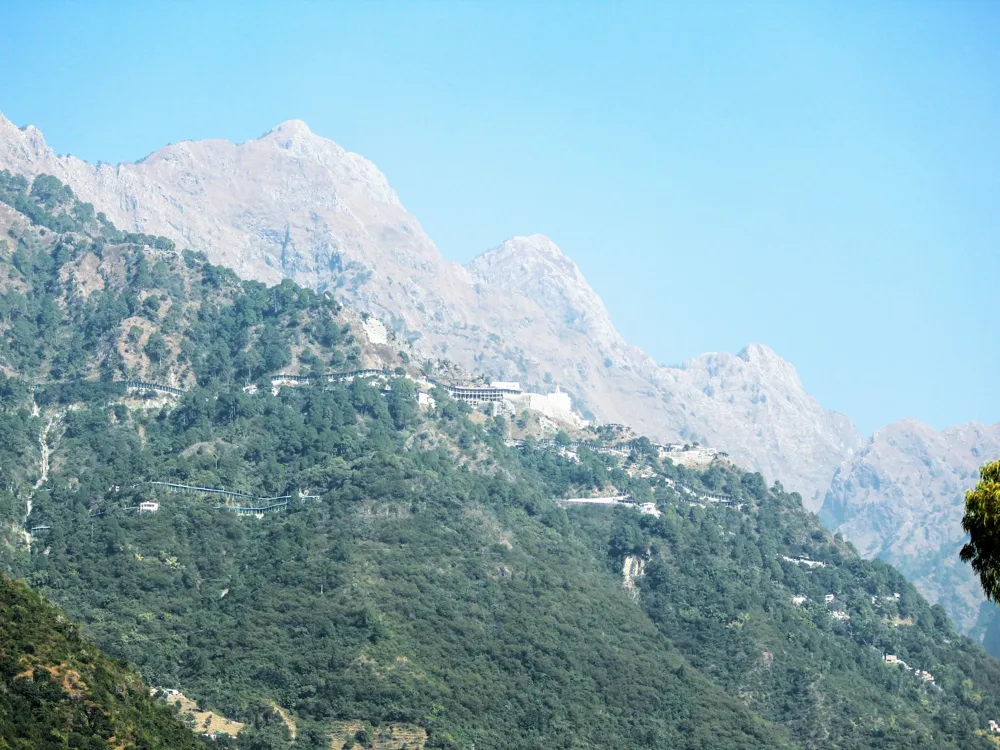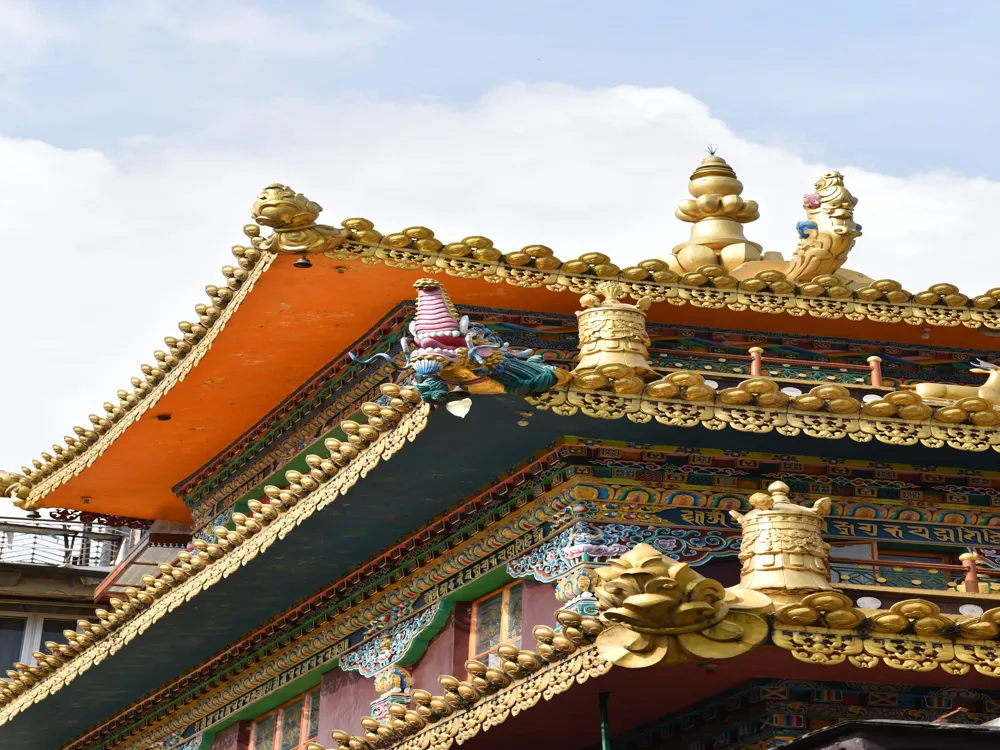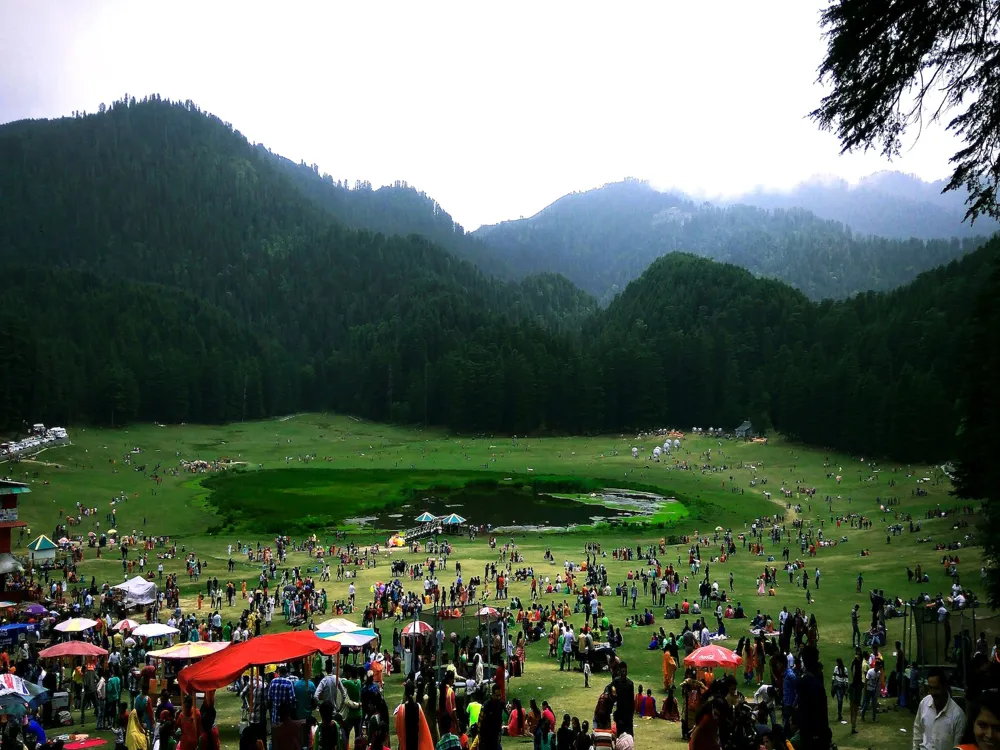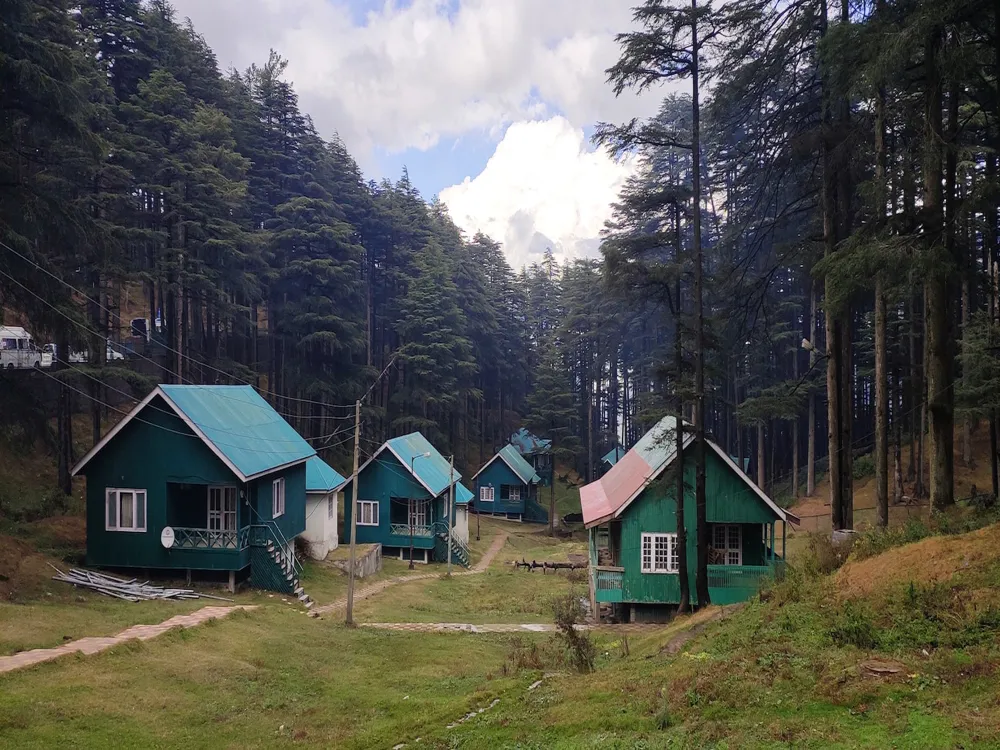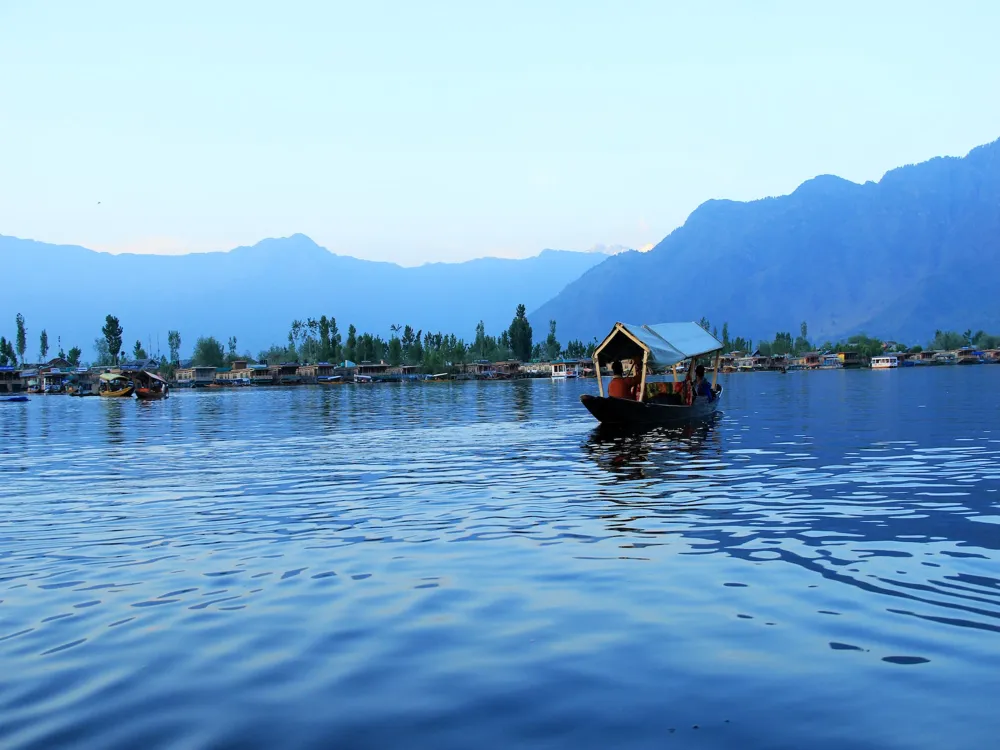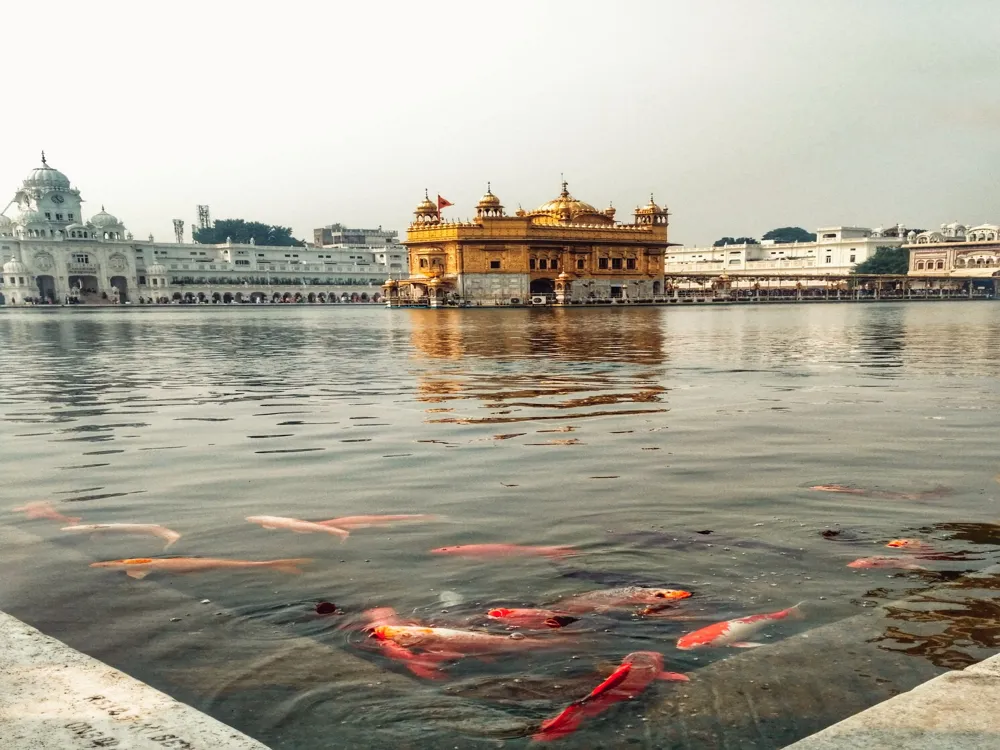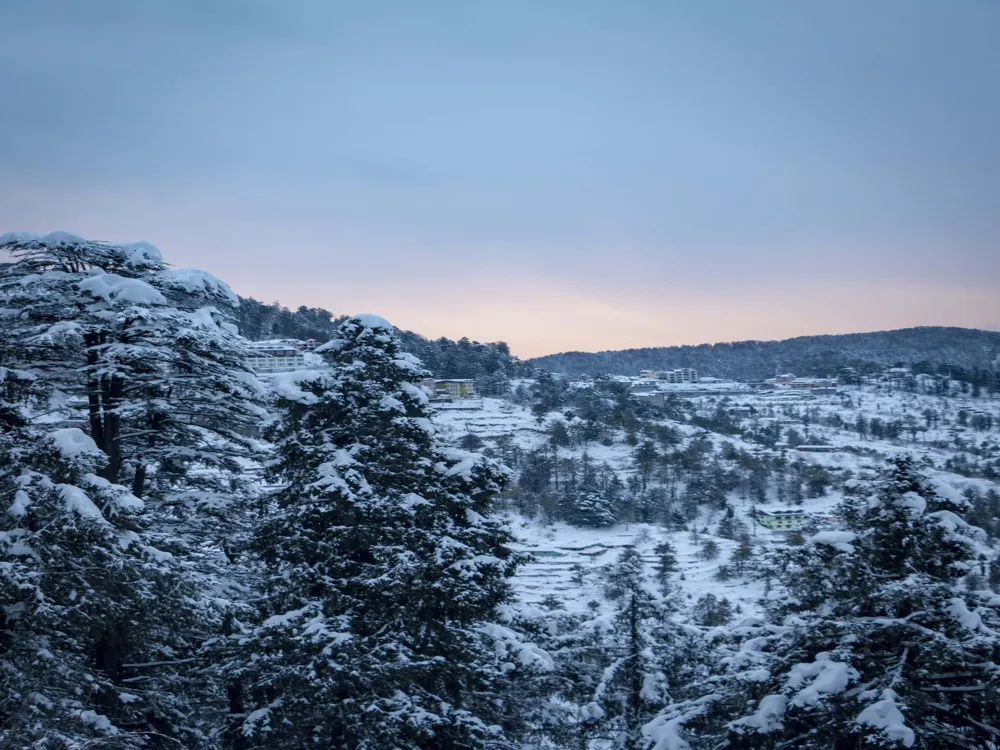Shivkhori, a revered cave shrine situated in the Udhampur district of Jammu and Kashmir, India, represents a significant spiritual and cultural landmark. This sacred site, dedicated to Lord Shiva, attracts thousands of devotees annually, drawn by its spiritual significance and the natural beauty of its surroundings. The cave is a symbol of faith and reverence, embodying a unique blend of nature, spirituality, and mythology. The name 'Shivkhori' translates to 'Shiva's Cave' and epitomizes the mysterious and divine nature of this holy site. The cave, about 200 meters long, one meter wide, and three meters high, is a natural wonder that has fascinated believers and tourists alike. Inside the cave, a naturally formed Shiva Lingam becomes the center of devotion, believed by many to be an eternal representation of Lord Shiva. The journey to Shivkhori is as mesmerizing as the destination itself. Surrounded by lush green hills and a serene landscape, the trek to the cave offers a refreshing and spiritually uplifting experience. The path is dotted with smaller shrines and offers panoramic views of the valley, making the journey a blend of spiritual and visual delight. The history of Shivkhori dates back to ancient times, and its mention can be found in various Hindu scriptures. Legends abound, the most popular being the story of a demon named Bhasmasur, who was granted a boon by Lord Shiva. This story, along with other tales, adds to the mystical aura of Shivkhori, making it a place steeped in folklore and divinity. The architecture of Shivkhori is a fascinating blend of natural formations and historical significance. The cave, formed naturally over millennia, is a marvel of limestone structures, stalactites, and stalagmites. The main chamber of the cave, where the Shiva Lingam is situated, presents a stunning display of nature's artistry, with rock formations resembling various deities. The entrance to the Shivkhori cave is a narrow passage, an architectural wonder in itself. This leads to a large hall, which is adorned with numerous natural impressions that resemble different deities, contributing to the cave's spiritual ambiance. The formations in the cave are believed to symbolize various aspects of Hindu mythology, adding depth to the religious experience of the visitors. As visitors progress through the cave, they encounter various sections, each offering a unique glimpse into the natural architecture. The cave's interior is a symphony of shapes and figures, where water trickles down the cave walls, creating an ethereal atmosphere. The play of light and shadow within the cave further enhances its mystical appeal, making it a captivating experience for all who enter. The most significant architectural feature of Shivkhori is the naturally formed Shiva Lingam. This Lingam is not man-made but a stalagmite that has taken its shape over centuries. The sanctity of the Lingam is the heart of Shivkhori's religious significance, drawing devotees to witness this natural marvel and offer prayers. The ideal time to visit Shivkhori is from February to August, when the weather is pleasant, and the natural surroundings are at their most beautiful. During this period, the Maha Shivaratri festival is celebrated, which is a great time to experience the local culture and religious fervor. Visitors should carry light clothing, comfortable walking shoes, water bottles, and basic medical supplies. It's also advisable to carry a flashlight and a small snack, as the trek to the cave can be demanding. It is important to respect the local customs and traditions. Dress modestly, avoid loud noises, and maintain the sanctity of the shrine. Taking photographs inside the cave is generally prohibited. There are various accommodation options available near Shivkhori, ranging from budget hotels to guest houses. Additionally, basic facilities like food stalls, restrooms, and medical aid are available along the trekking path. Shivkhori is accessible by various means of transportation. The nearest airport is Jammu Airport, about 140 kilometers away. From there, visitors can hire taxis or use public transport to reach the shrine. The closest railway station is Udhampur, from which buses and taxis are readily available. For those preferring to drive, the roads leading to Shivkhori are well-maintained and offer a scenic journey. Read More:Overview of Shivkhori, Jammu
Architecture of Shivkhori
Tips When Visiting Shivkhori
Best Time to Visit
Packing Essentials
Respect Local Customs
Accommodation and Facilities
How To Reach Shivkhori
Shivkhori
Jammu
Jammu And Kashmir
₹ 5,000 onwards
View jammu Packages
Weather :
Tags : Cave
Timings : Summer: 5:00 AM - 7:00 PM,
Winter: 6:00 AM - 6:00 PM
Time Required : 2-3 hrs
Entry Fee : No entry fee
Planning a Trip? Ask Your Question
Jammu Travel Packages
View All Packages For Jammu
Top Hotel Collections for Jammu

Private Pool

Luxury Hotels

5-Star Hotels

Pet Friendly
Top Hotels Near Jammu
Other Top Ranking Places In Jammu
View All Places To Visit In jammu
View jammu Packages
Weather :
Tags : Cave
Timings : Summer: 5:00 AM - 7:00 PM,
Winter: 6:00 AM - 6:00 PM
Time Required : 2-3 hrs
Entry Fee : No entry fee
Planning a Trip? Ask Your Question
Jammu Travel Packages
View All Packages For Jammu
Top Hotel Collections for Jammu

Private Pool

Luxury Hotels

5-Star Hotels

Pet Friendly










